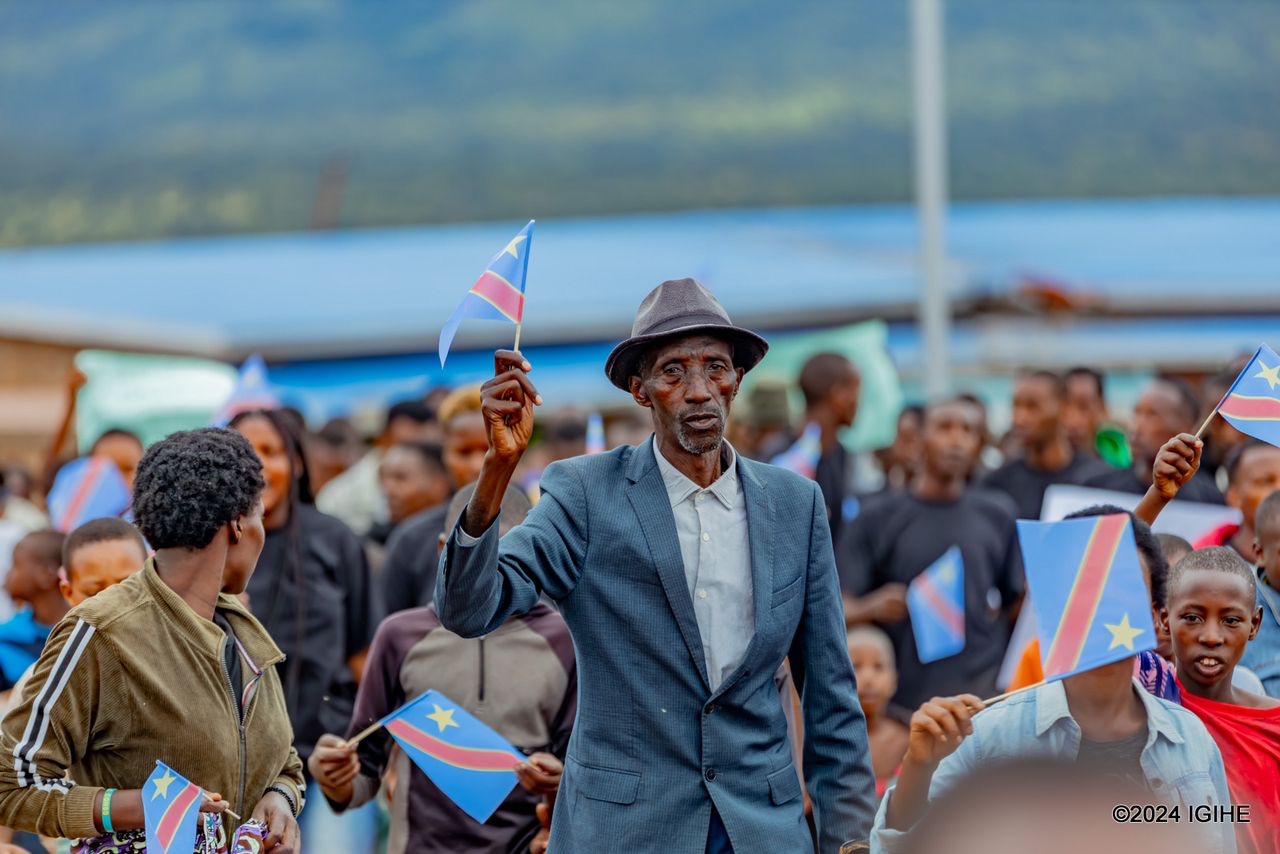Mahama (Rwanda): Congolese Refugees Quietly Return to Rebel-Controlled DRC

SOS Médias Burundi
Mahama, June 18, 2025 — Since the M23 rebel group and its affiliated politico-military coalition, the Alliance Fleuve Congo (AFC), seized control of key cities in North and South Kivu in eastern DRC, a discreet yet growing wave of returns has begun from Mahama, Rwanda’s largest refugee camp. These movements are taking place under the radar — uncoordinated by either the UN Refugee Agency (UNHCR) or Rwanda’s Ministry in charge of Emergency Management (Minema). Often happening at night, the returns raise new questions about the region’s shifting dynamics.
Secret convoys, silent departures
On the evening of Thursday, May 22, around 9:00 p.m., eight large buses from the Rwandan transport company Ritco were spotted stationed in Kabeza, near Mahama camp in Rwanda’s east. Each bus could carry up to 60 passengers — and all were waiting for groups of Congolese refugees.
“They came with suitcases, bags, even mattresses. They boarded quickly, and the buses sped off,” said a local source.
Two cargo trucks loaded with luggage accompanied the convoy, reportedly escorted by civilian vehicles carrying plainclothes Rwandan police officers.
No UNHCR or Minema personnel were seen during these operations, and the travelers did not pass through official repatriation centers — a required process for returning Burundian refugees.
Early-morning flows continue the pattern
At 5 a.m. the next morning, similar scenes repeated.
“A large group left the camp just before dawn, guided by police to Kabeza. It was still dark,” the same source reported.
Many of the departing refugees are believed to be from territories now held by the M23.
“Some leave their belongings behind. Those we pray with ask us to keep their items and remember them in our prayers,” said a Burundian refugee.
“Others walk away from NGO jobs or volunteer roles to return secretly,” he added.
Official excuses mask permanent exits
Inside the camp administration, many refugees request extended leave, citing personal emergencies.
“They say they’re going for funerals, to visit family, or for medical needs in Goma or Masisi. But we all know they’re not coming back,” confirmed several sources familiar with the system.
Entire camp villages are emptying
The movement is concentrated in several villages within the camp — specifically villages 18, 17, 16, 13, 6, 5, 4, and 3 — located along the Akagera River.
“Over 80% of the Congolese in these areas are already gone. Some families leave one person behind to manage resettlement paperwork or because their child is still in school,” reported a community contact.
Who’s leaving — and who left long ago
The current wave mostly includes women, children, and the elderly. But many men and teenage girls left earlier — with a different destination.
“They joined the M23 front lines. Recruitment was done openly in daylight. Some come back to the camp now and then, wash their Congolese army uniforms, and hang them to dry in plain view,” said a Burundian refugee living in Mahama.
A parallel organization within the camp
According to multiple sources, the nighttime departures are coordinated by “political mobilizers” — Congolese community leaders who are not officially recognized by authorities but operate openly.
“They hold secret meetings to collect money and register returnees. They promise financial support once people arrive back home,” explained one refugee.
How many have left? No one knows
Precise figures are difficult to verify, but all observers agree the numbers are growing fast.
“Based on the number of buses and convoys, more than 1,000 refugees may have left in just one week,” said one individual closely monitoring the trend.
So far, neither the UNHCR nor the Rwandan government has commented publicly on these unofficial movements.
The M23’s message: Come home and rebuild
The M23, a former Tutsi-led insurgency that resumed fighting in late 2021, blames Kinshasa for failing to integrate its combatants, as outlined in earlier peace accords. Backed by the AFC, the group now controls major towns in North and South Kivu — a resource-rich and strategically vital region.
The rebel coalition claims the area is secure and actively calls on refugees to return and help “rebuild the country.”
“Some refugees, a bit drunk, shout that they’re answering the call of their ‘brave sons’ who liberated the homeland. Their intentions are clear,” said a community leader in Mahama.
Life in Mahama camp grows increasingly harsh
Beyond the political pull, conditions in the camp are pushing many to leave.
“Food rations have been slashed in half. People are starving. Prices are skyrocketing. Criminal activity is rising. All of that forces some to take the risk,” said a Burundian community leader.
“The Congolese at least have somewhere to go. We Burundians don’t have that luxury,” he warned.
As of June 2025, Mahama camp shelters over 76,000 refugees — more than 40,000 of them Burundians.

